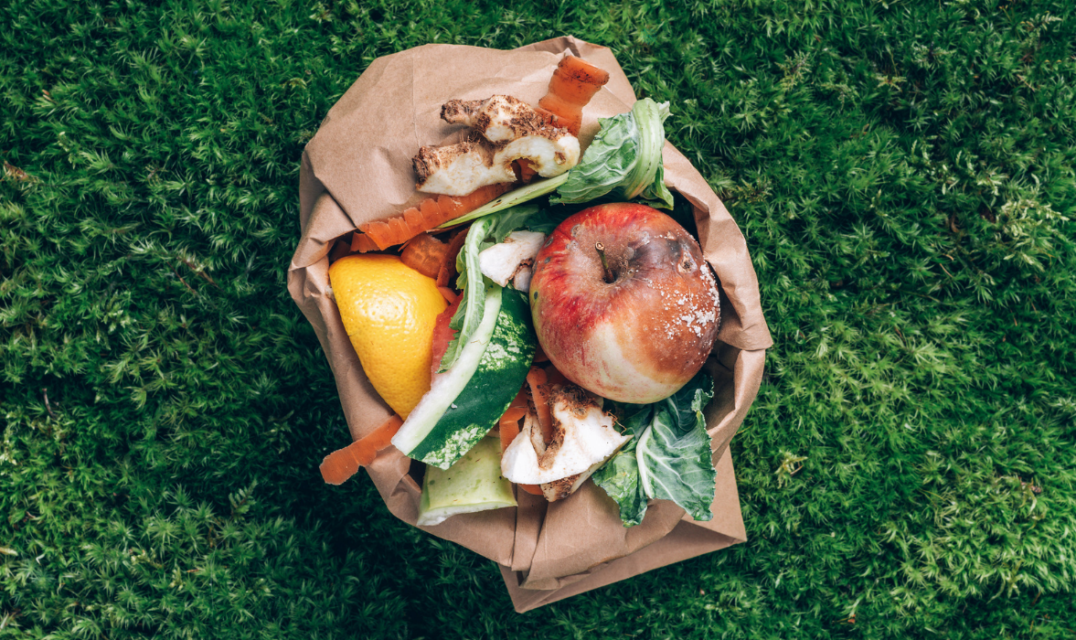In honour of Stop Food Waste Day, we’re sharing some information about how to use your compost bin and some insights into what happens to your organic waste.
It’s not just always about what you do in your kitchen but also how you dispose of what’s left. Panda uniquely turn your organic and food waste into valuable resources like energy or agricultural-grade compost. Here’s some more tips on how you can maximise your grocery purchases while also responsibly managing your food waste through using your compost bin.
Understanding the Brown Bin System:
The brown bin is designed to collect all types of organic waste, that includes your raw and cooked food waste, garden waste like grass and leaves, and other organic materials such as pet hair. To find out everything you can put into your compost bin visit www.panda.ie
The materials are processed in an Aerobic Digestion (AD) plant for use as agricultural grade fertiliser or energy generation. Panda owns and operates an AD plant in Co. Tipperary, Ireland, to ensure that waste collected through kerbside collection can be transformed into useful products and, nothing goes to waste.
Tips for Utilising Your Compost Bin:
Separate Food Waste: As you prepare meals and trim produce, collect food scraps in a dedicated container for easy disposal into your brown bin. Include fruit and vegetable peels, eggshells, coffee grounds, tea bags, and even meat and dairy products.
- Use Compostable Bags: We recommend using compostable bags and liners for your kitchen caddy or wheelie bin. These bags break down along with the food waste during processing, making the storage and collection cleaner and more convenient.
- Educate Yourself: Familiarise yourself with what cannot be composted in your compost bin. While organic materials are accepted, items like plastics, metals, and glass should never be included. Visit www.panda.ie to download our compost poster.
- Store Your Bin Properly: Keep your brown bin in a convenient location to ensure easy access and to encourage regular use. Make sure it’s properly sealed to prevent odours and bugs, especially during warmer months.
The Environmental Benefits:
- Reduced Methane Emissions: By diverting food waste from landfills, compost bins support waste segregation and allows for recycling of these materials. It also reduces methane emissions, a potent greenhouse gas that contributes to climate change.
- Energy Generation: Our facility utilises anaerobic digestion to convert remaining organic waste into biogas, which can be used to generate electricity or heat. By contributing to these programs, we’re supporting renewable energy production.
- Nutrient-Rich Compost: Food waste collected in compost bins is processed into high-quality compost, which can be used to enrich soil in gardens, farms, and landscaping projects. This nutrient-rich compost helps improve soil health and reduces the need for synthetic fertilisers.
Conclusion:
Maximising your grocery purchases and utilising your brown bin go hand in hand in the fight against food waste. By shopping smartly, planning meals, and creatively using leftovers, you can minimise the amount of food that goes uneaten. And by actively using your compost bin, you’re ensuring that any unavoidable food waste is put


